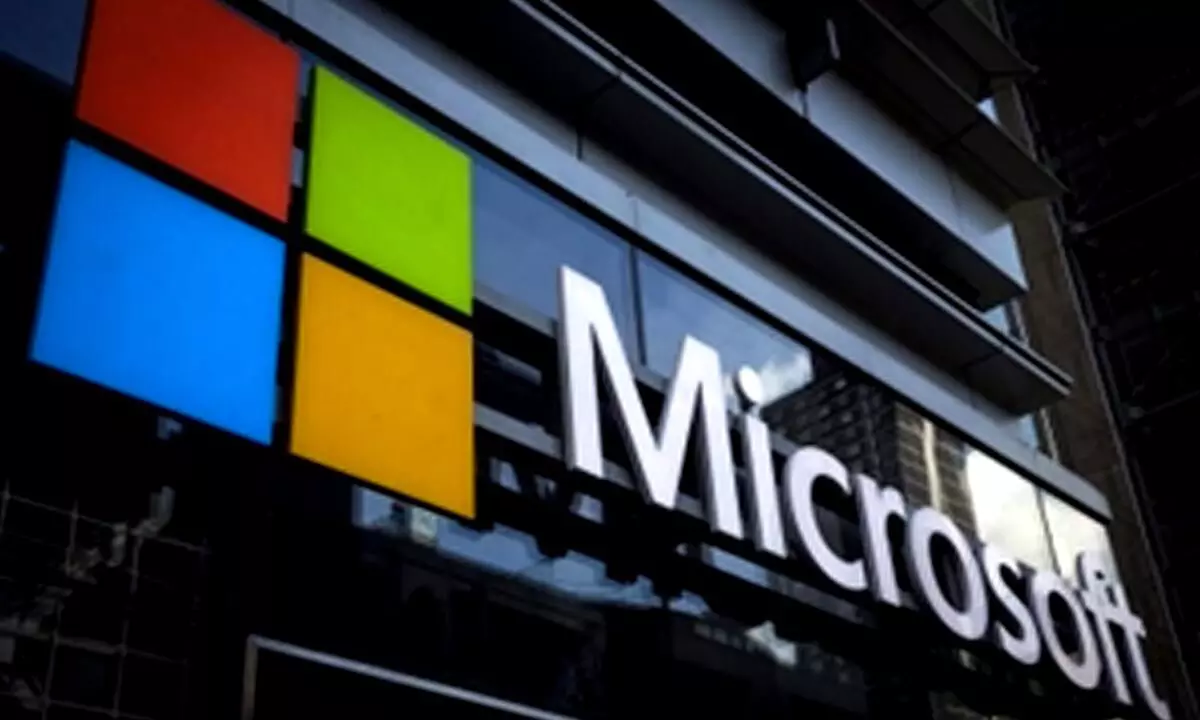Microsoft Resumes Plugging Pop-up Ads into Google Chrome on Windows Devices

Microsoft's persistent pop-up ads in Google Chrome for Windows users raise concerns about user choice and privacy.
Microsoft has again initiated pop-up ads within Google Chrome on Windows devices, urging users to switch to Bing as their default search engine. This move echoes last year's introduction of intrusive pop-ups, which prompted widespread criticism for their malware-like appearance. Despite a temporary halt to address user concerns, these pop-ups have resurfaced on both Windows 10 and 11 operating systems.
“This is a one-time notification giving people the choice to set Bing as their default search engine on Chrome; We value providing our customers with choice, so there is an option to dismiss the notification,” says Caitlin Roulston, director of communications, in a statement to The Verge.
Recent reports from Windows users detail encounters with pop-ups promoting Bing AI and Microsoft's Bing search engine while browsing in Chrome. Opting into these prompts automatically sets Bing as the default search engine. However, the resemblance of these prompts to malware prompts has sparked scepticism among users, questioning their legitimacy. Microsoft has acknowledged the authenticity of these pop-ups but asserts that they should only appear once per user.
Critics argue that if Microsoft truly prioritized user choice, it would provide a straightforward option to disable these pop-ups permanently. The prevalence of Microsoft's attempts to steer users towards Bing and Edge through various prompts underscores the challenge of evading such interventions by adjusting settings.
In recent years, Microsoft's aggressive campaign to push pop-up ads on Chrome users has intensified, extending beyond browser prompts to include Windows taskbar notifications and other interfaces. Notably, Microsoft has previously resorted to tactics like forcing Edge usage following a Windows Update and displaying full-screen messages encouraging Bing and Edge adoption post-update.
Earlier this year, Microsoft faced scrutiny over an incident where its Edge browser automatically imported browsing data and tabs from Chrome without user consent, highlighting ongoing concerns about user privacy and autonomy. Tags: Microsoft, Google Chrome, Windows Devices, Technology










